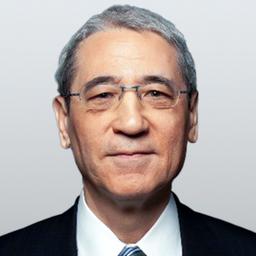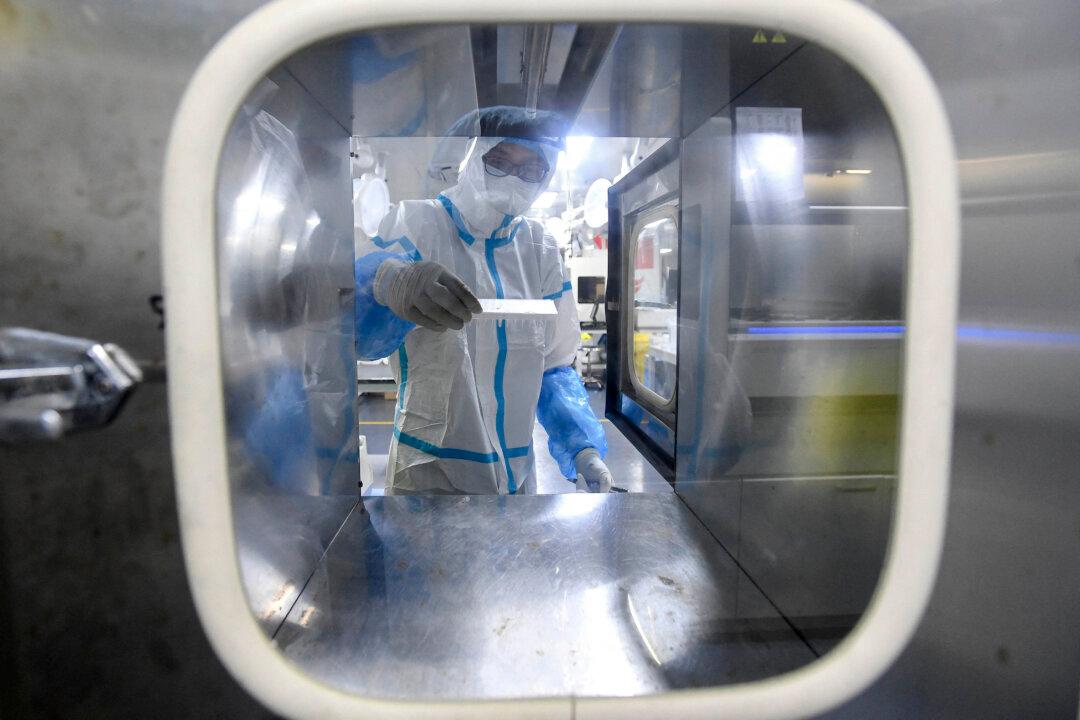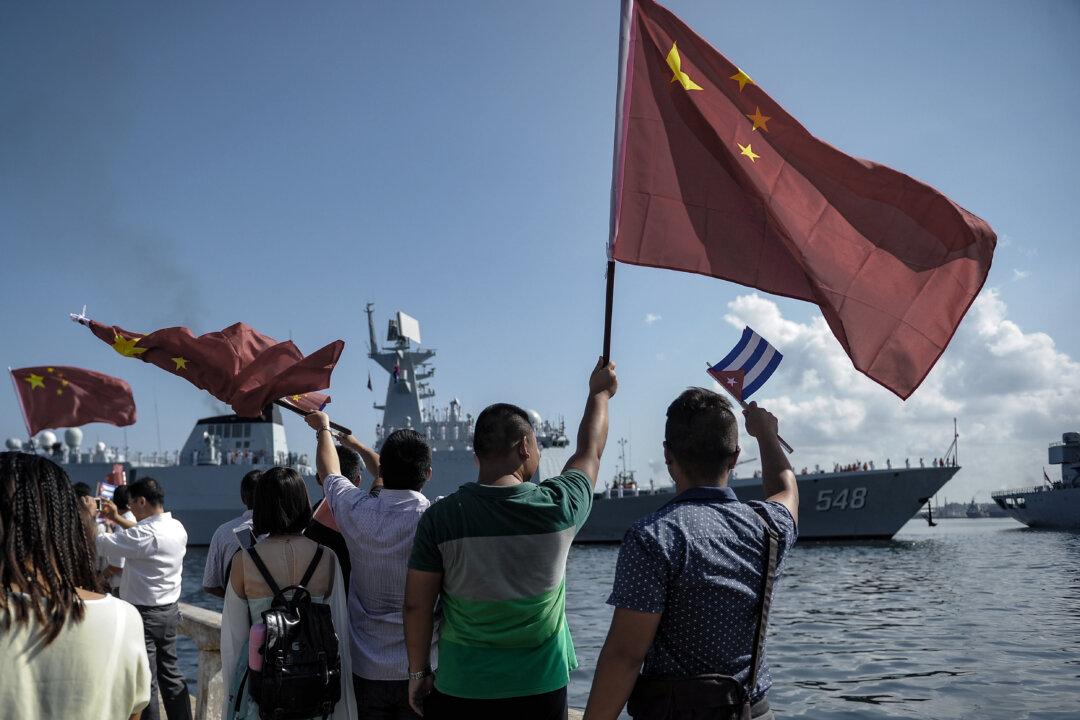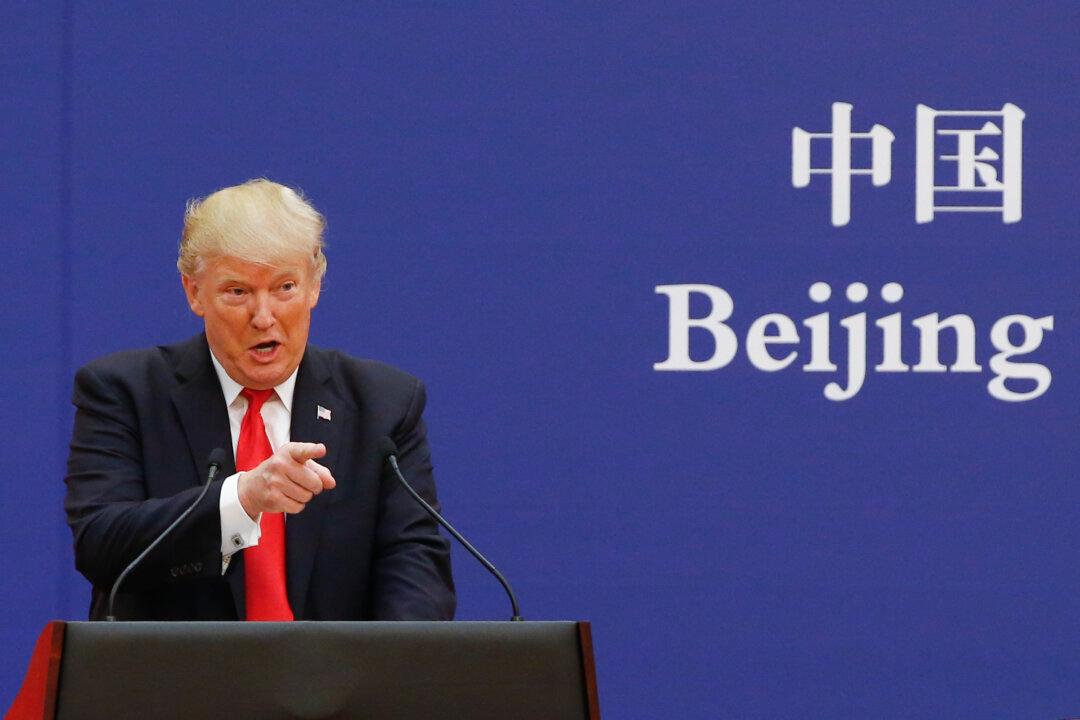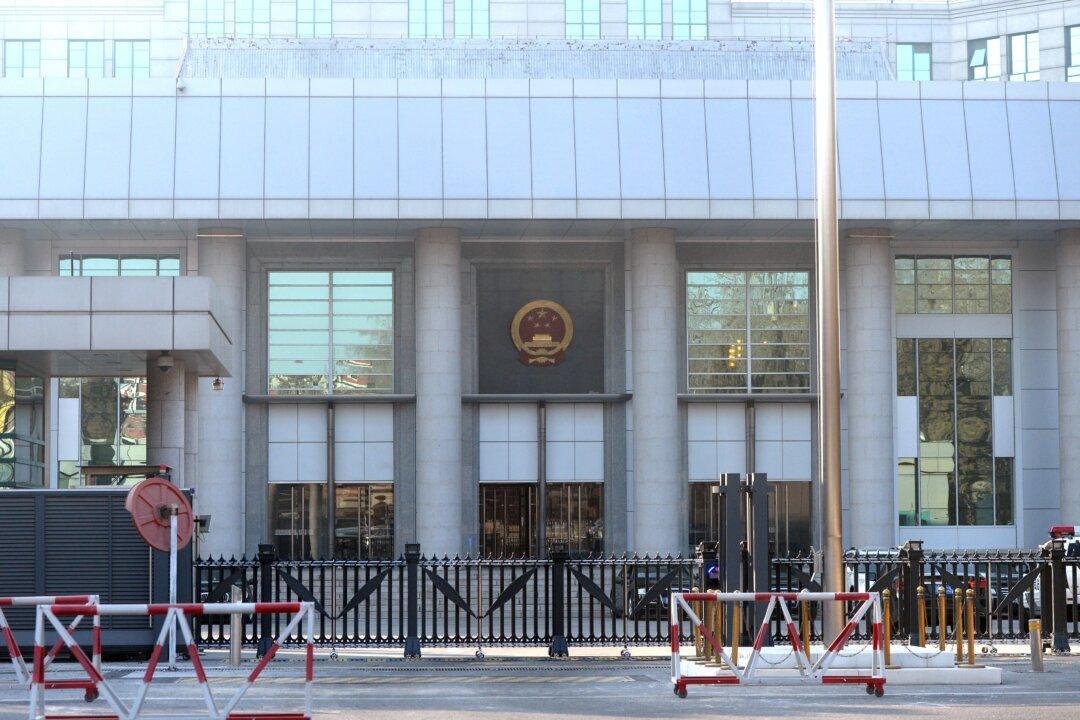“What is missing is the strategic aim of China’s economic influence, which, in my opinion, goes beyond simply having a strong trade relationship with Latin America,” Joseph Humire of the Center for a Secure Free Society told Gatestone. “At its core, the People’s Republic of China is focused on gaining geopolitical leverage over countries in Central and South America to be used in an eventual conflict with the United States.”
It also may not be long before China’s People’s Liberation Army (PLA) bases substantial forces on Cuba, only 94 miles from Key West, Florida.
“For a near-term war, China would use Cuba as a base for projecting and facilitating massive cyberattacks and espionage operations while working with Cuba’s formidable intelligence services to undertake a range of ‘wet’ operations, from assassinations to attacks on U.S. installations, even civilian facilities such as gas stations,” Richard Fisher of the International Assessment and Strategy Center told Gatestone.
In addition, the PLA could deploy anti-ship cruise missiles in Cuba both to hit U.S. Navy bases in Florida and block the movement of American vessels. China might also put surface-to-air missiles on Cuba, potentially to shoot down planes over the southeast United States.
How about a second Cuban Missile Crisis, this time with the Chinese instead of the Soviets? China’s leaders are brazen, as the spy balloon incident of January and February suggests. Would they deploy ballistic missiles and other weaponry there?
Fisher thinks they will.
“In the medium term, look for China to facilitate Cuba’s acquisition of ballistic missiles, which will, at a minimum, force a U.S. defensive response that will tie down the U.S. military, reducing U.S. chances of success in other theaters,” he said.
Ballistic missiles can carry nuclear warheads. While Americans think of nukes as defensive instruments to deter attacks, Chinese war planners view them as offensive weapons, to compel submission. In other words, China thinks it can prevent others from coming to the aid of, say, Taiwan by threatening nuclear destruction of their homelands.
Periodically throughout this century, China’s generals and civilians have made unprovoked threats to incinerate American cities. American presidents have brushed off the warnings, ignoring the hostile words.
“I don’t think I’ve seen anything more disturbing in my career than the Chinese ongoing expansion of their nuclear force.”
So as China increases its arsenal, it’s clear that Beijing no longer seeks only a “minimal deterrent.” The rapid buildup, therefore, suggests that the Chinese military is building an offensive “war-fighting” capability.
With all the additional silos in China, why would the People’s Liberation Army need missiles in Cuba? Think shorter flight times—meaning less warning time.
Moreover, U.S. missile defenses—and radars—are currently oriented to attacks from over the Arctic, from the north. Cuba gives China venues for southern attacks.
All this means that, thanks to Cuba, a war in Asia will be fought on, near, and over the American homeland—perhaps with nukes.

